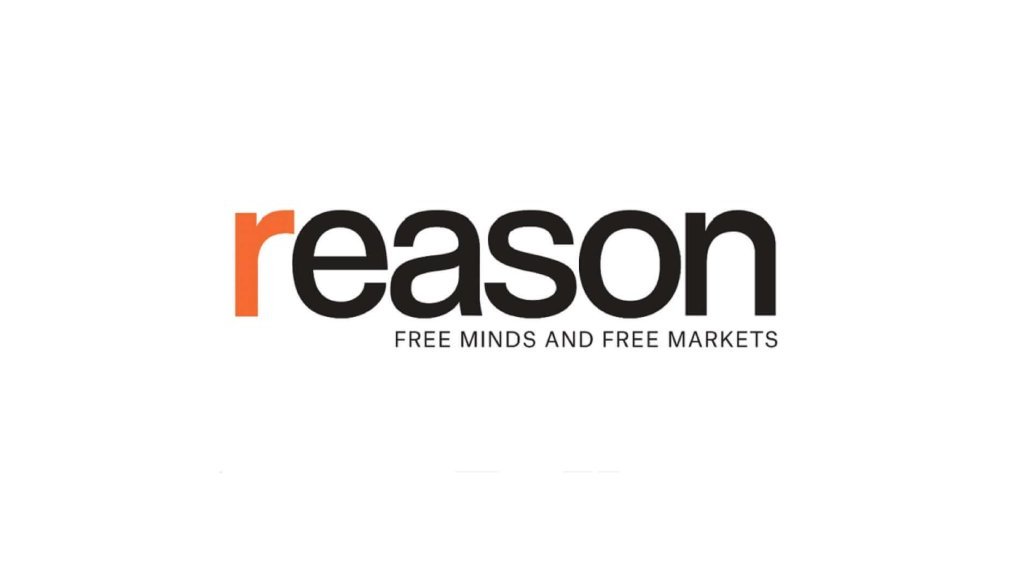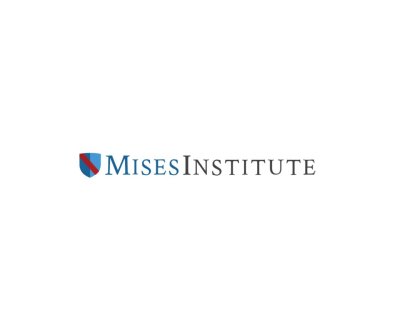The Nondelegation Case Against Trump’s Massive New Travel Ban
In my previous post on Trump’s massive new travel ban, I noted that the Supreme Court’s badly flawed ruling in Trump v. Hawaii (2018) probably precludes challenges based on discriminatory intent. But I also noted there is an alternative path to striking down the new travel ban: nondelegation doctrine. That path remains open because Trump v. Hawaii did not consider nondelegation issues; indeed the word “nondelegation” isn’t even mentioned in any of the majority, concurring, and dissenting opinions in that ruling. In this post, I outline how it can be done.
The basic idea is very simple. The Supreme Court has held that there must be at least some limit to congressional abdication of legislative power to the executive. If anything violates that constraint, unlimited delegation of a major power does so. That’s exactly what two federal courts recently held in striking down Trump’s assertion of virtually unlimited power to impose tariffs.
Trump’s sweeping new travel ban can only be justified by a virtually unlimited grant of authority to impose immigration restrictions. Unlimited delegation of power over immigration is unconstitutional for much the same reasons as unlimited tariff authority. Both are sweeping powers with vast impact on millions of people. Indeed, immigration restrictions may be even more impactful than tariffs, as they are literally matters of life and death for many migrants fleeing oppression and violence.
The statute Trump cites to justify the new travel ban, 8 U.S.C. Section 1182(f), gives the president the authority to “bar the entry of any aliens or of any class of aliens into the United States” whose admission he finds “would be detrimental to the interests of the United States.” That seems like virtually limitless authority to restrict migration and other entry into the United States, and the Supreme Court more or less interpreted it that way in Trump v. Hawaii, in upholding Trump’s first-term “Muslim ban” barring nearly all entry by citizens of several Muslim-majority nations. Chief Justice John Roberts’ majority opinion describes Section 1182(f) as a “comprehensive delegation” that “exudes deference to the President in every clause.”
The current travel ban is far more sweeping, forbidding nearly all or most immigration and other entry by citizens of nineteen nations. It would cause enormous economic and humanitarian harm. As my Cato Institute colleagues (and leading immigration policy experts) Alex Nowrasteh and David Bier explain in two excellent posts (see here and here), the Administration’s rationales for the ban are extremely flimsy, at best. Despite claims that the ban will protect the US against crime and terrorism, migrants from the covered nations have extremely low rates of terrorism and much lower crime rates than native-born Americans. Bier and Nowrasteh also shred the administration’s infomation-sharing and visa overstay theories. I would add that overstays by visitors on short-term temporary visas can’t possibly justify barring long-term migrants and refugees. The latter get permanent residency (or are on track for it) and therefore pose little or no risk of overstaying.
If such extremely weak arguments are enough to show that the banned migrants would be “detrimental to the interests of the United States,” and that a gargantuan travel ban can be imposed, then virtually any immigration re
Article from Reason.com

The Reason Magazine website is a go-to destination for libertarians seeking cogent analysis, investigative reporting, and thought-provoking commentary. Championing the principles of individual freedom, limited government, and free markets, the site offers a diverse range of articles, videos, and podcasts that challenge conventional wisdom and advocate for libertarian solutions. Whether you’re interested in politics, culture, or technology, Reason provides a unique lens that prioritizes liberty and rational discourse. It’s an essential resource for those who value critical thinking and nuanced debate in the pursuit of a freer society.




